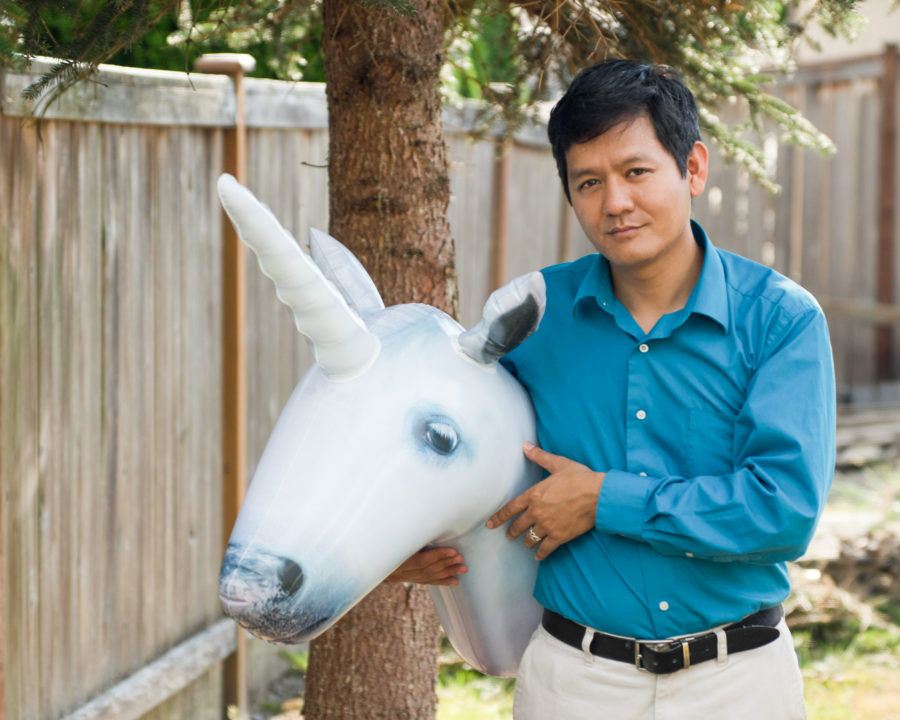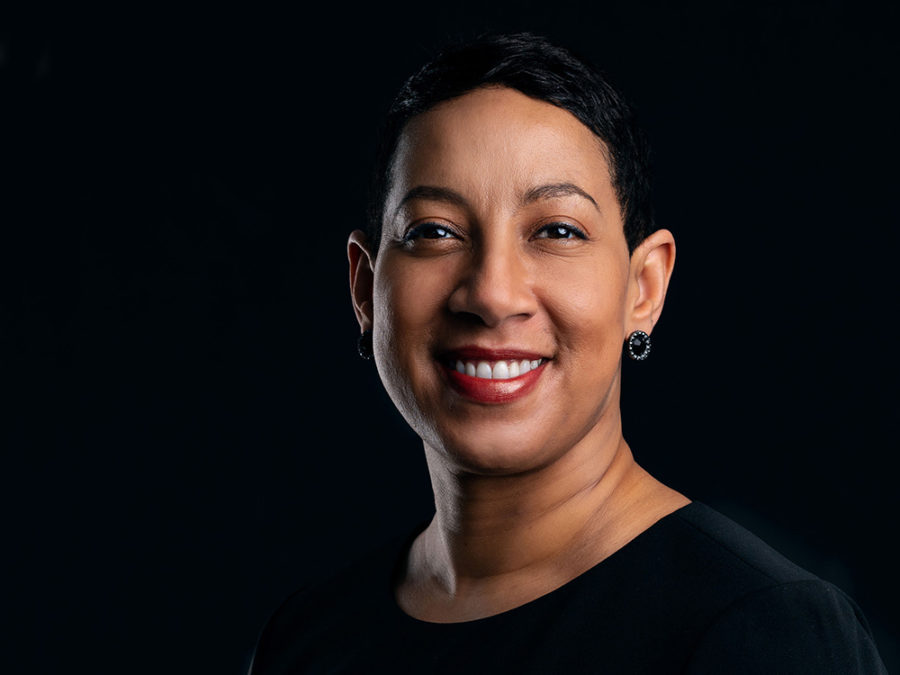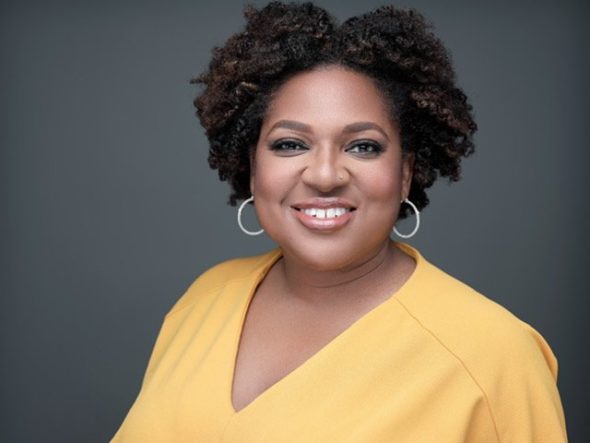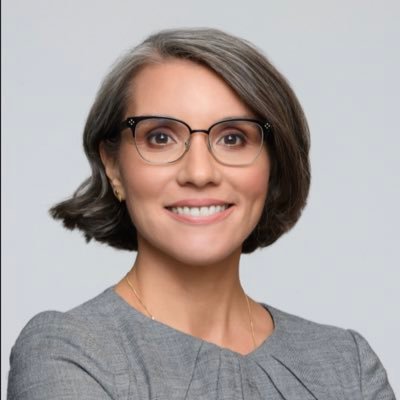I measure my time in philanthropy by the annual PEAK Grantmaking conference.
This year marked number six for me. It’s like adding another concentric circle to the tree trunk of my career in philanthropy.
The past year was transitory for many of us. We began acclimating to new ways of working and new paradigms taking hold across the nonprofit sector. We simplified grant applications and expedited payments.
Movements like trust-based philanthropy and participatory grantmaking, once just fanciful daydreams (‘wouldn’t that be nice’) roared to the front of our collective consciousness, egged on by nonprofits and communities demanding equity and shared power. Suddenly, everyone began talking about values, and for a moment we all believed it to be possible.
I’m still in that moment.

An inflection point in philanthropy
My vision has yet to be clouded or obscured by the reality that change is hard work. PEAK2022 demonstrated that your vision is still clear as well.
Before the conference, I noted that this year felt different. And it was–in a good way. Each session aligned in some way with PEAK’s acronym: Principles, Equity, Advocacy, Knowledge. In years past, the conference focused mainly on the How. This year it was more about the Why.
Philanthropy has reached an inflection point. It’s an imperfect system. Wealth accumulation and distribution is fraught with inequity. A massive power imbalance dictates the rules of engagement. Our organizations rarely reflect our communities. Strategies and needs are often misaligned.
PEAK2022 shone a bright light at these issues, calling out the flaws but also offering solutions.
There were many stories of growth, progress, and hope. People of color honestly and powerfully discussed diversity and inequity. Trust-based organizations demonstrated how impact can be amplified through shared power. We were given a roadmap for change.
Embracing the simple ideas of inclusion, trust, and equity

Two fantastic sessions bookended the conference. The opening plenary featured truth-to-power dissident and blogger, Vu Le, joined by Amoretta Morris, president of Borealis Philanthropy, and Satonya Fair, CEO of PEAK. Titled Connecting on Equity: An honest conversation on what’s standing in the way of progress, the tone for the week was quickly set.

Philanthropy is a space dominated by sharp contradictions.
Le cut straight to the chase: “Wealth was built on slavery, stolen indigenous land, worker exploitation, environmental degradation, and tax avoidance.”
And philanthropy often tries to solve these issues without the leadership and guidance of those most impacted. In spite of the clarion call for change, many grantmakers push bespoke strategies that align only with their individual mission. And those doing the strategizing often have no lived experience in the communities and with issues they purport to address.

Morris believes that participatory grantmaking offers a path forward: “It’s about believing in, trusting, and supporting the leadership of those most impacted by issues in their communities. It’s about trusting them to come up with solutions and distribute resources.”
It’s a simple enough idea. But becoming more inclusive, more trusting, and more equitable requires significant change. Oftentimes, ceding power and wealth. And therein lies our greatest challenge.
Owning mistakes and understanding the mechanics that matter

The closing session titled Continuing the Conversation: The changing face of philanthropy demonstrated how philanthropy is making progress towards equity.
Building on the energy of last year’s keynote, the discussion featured four women of color leading their respective organizations: Carmen Rojas, Sherece West-Scantlebury, Susan Taylor Batten, and Satonya Fair are shining examples of strong, smart, talented women of color taking philanthropy to new heights.
The conversation was far ranging and covered a lot of ground. Carmen Rojas did the whole sector a tremendous service by transparently calling out her ‘unforced errors’ as a philanthropic leader. She mentioned under-estimating the mechanics of getting grants and funding out the door more quickly. And a mismatch between her organization’s work and the needs of their nonprofit partners. “We are in the thick of correction, and resetting expectations,” Rojas said. (Another gem: “self-actualization doesn’t happen at work”).
Rest assured, the Marguerite Casey Foundation got much more right than wrong in 2021 with Rojas at the helm. But calling out these missteps is critical in helping everyone understand the complexity of the work and the difficulty in building truly equitable and strategic relationships. Even the most talented leaders and staff will stumble along the way.
That’s ok. Rojas’ transparency gives us all license to learn and course correct. To keep working through the difficulty of real change.
Progressing from theory to practice
Throughout the week dozens of sessions, conversations, and demonstrations showed how grantmakers are making the shift towards equitable and participatory grantmaking.
From finance to legal, programs to operations, changemakers are defining better ways of working. The discussion has already progressed from theory to practice.
So what will it take to convince those reluctant to change?
I wish that everyone would find enlightenment and do the right thing. Instead, I believe that those with clear vision and voice will chip away until we see real progress. If ever there were a role purpose built for hard work, tenacity, and change management it is the grants professional.
You are our greatest hope.
